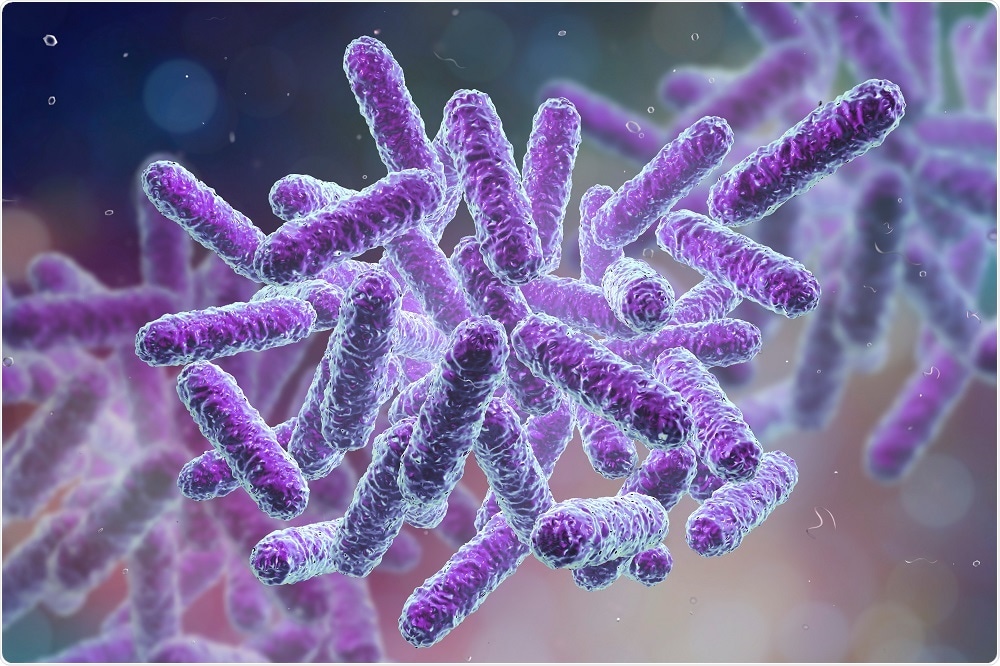
Researchers manipulate bacterial species in the gut using diet
Scientists from Stanford University School of Medicine have shown that by manipulating diet in a mouse model, it is possible to favor the engraftment of a specific bacterial strain over others.
 Credit: Kateryna Kon/Shutterstock.com
Credit: Kateryna Kon/Shutterstock.comIn the field of probiotics, researchers still do not understand why certain strains of beneficial bacteria are more successful at taking up residence in the intestine than others.
However, the current study has shown than particular dietary factors can be used to manipulate the bacterial strains of the microbiome.
By adjusting the amount of a certain carbohydrate present in food or water, the team were able to control how much a bacterium grows in the large intestine.
As reported in Nature, Sonnenberg and colleagues visited the San Jose Wastewater Treatment Facility to look for bacterial strains that can digest a seaweed called nori, an ingredient that is relatively rare in American diets. They screened the bacteria for an ability to use a carbohydrate in nori called porphyran to digest the seaweed.
"The genes that allow a bacterium to digest porphyran are exceedingly rare among humans that don't have seaweed as a common part of their diet," explains Sonnenburg.
"This allowed us to test whether we could circumvent the rules of complex ecosystems by creating a privileged niche that could favor a single microbe by allowing it to exist in the absence of competition from the 30 trillion other microbes in the gut."
After identifying a nori-digesting strain, the team introduced it into three groups of mice. Two of the groups had their gut bacteria replaced with gut bacteria from two healthy human donors and a third group had a mouse-specific gut microbiome.
On feeding the mice a typical mouse diet, the team found that the porphyran-digesting strain could engraft in two groups of mice to different and limited extents. In one of the groups harboring human gut bacteria, the new strain was completely rejected.
However, when the mice were fed a diet rich in porphyran, the researchers observed a significant change. The new strain successfully and robustly engrafted to a similar degree in all groups of mice.
Furthermore, it was possible to precisely adjust the population size of the new bacterial strain by increasing or decreasing the amount of nori the animals ate.
Sonnenberg says the direct effect of diet on the bacterial population was very clear. He believes that the ability to manipulate these highly malleable gut microbes is going to shape the future of precision health:






















.png)












No hay comentarios:
Publicar un comentario